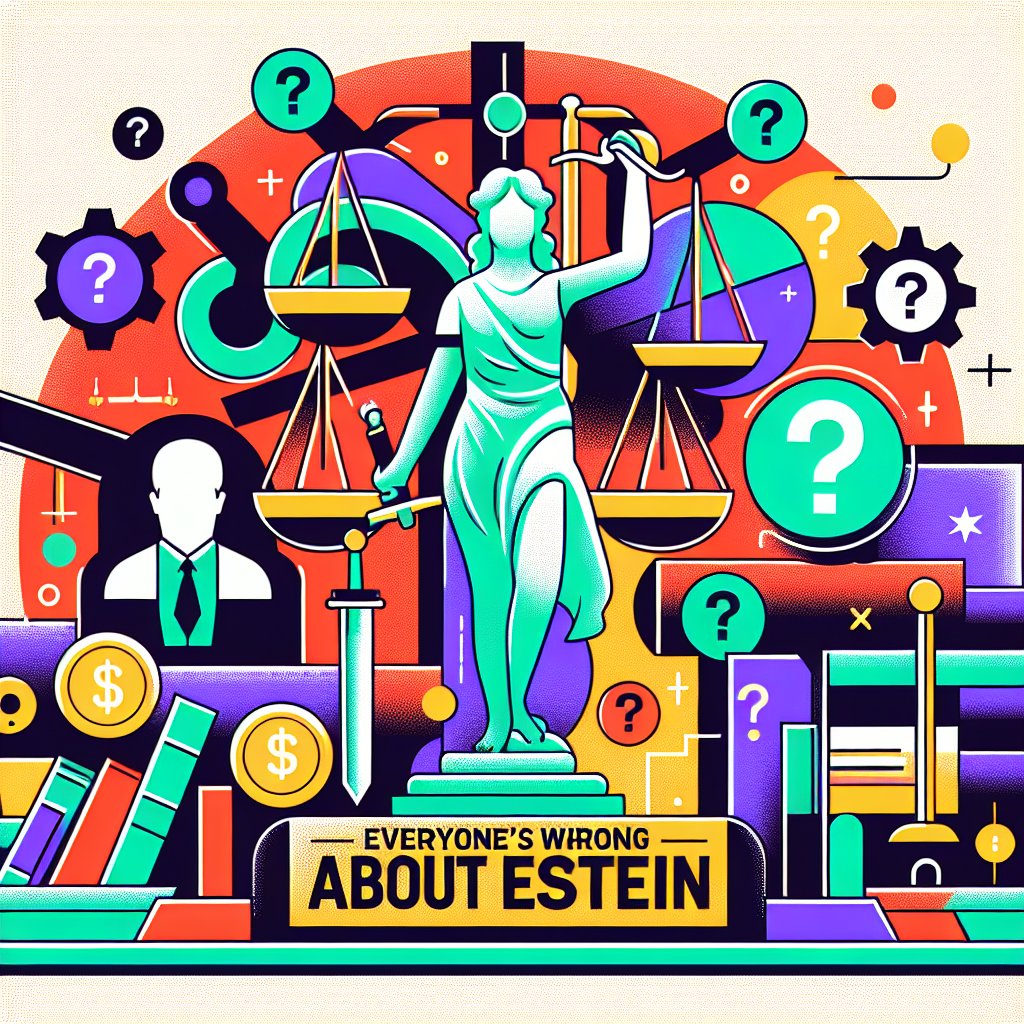**
Hey there, friend. Grab a cup of coffee and kick back because today, I'm diving into a story that, honestly, caught me by surprise with how much it clung to public consciousness—Kim Davis. You remember her, right? The county clerk from Kentucky who refused to issue marriage licenses to same-sex couples back in 2015? Yeah, that Kim Davis.
Now, why am I talking about her today? Because her story has this weird way of popping up in conversations about religious freedom and civil liberties. Whether you side with her or think she was way out of line, there's no denying the ripple effect her actions caused. So let's really break it down.
Who is Kim Davis, Anyway?
Let's start with the basics. Kim Davis was the County Clerk for Rowan County, Kentucky. Her job was pretty straightforward—manage public records, issue licenses, such as marriage licenses, you know, typical clerk stuff. But in 2015, the Supreme Court made same-sex marriage the law of the land with the Obergefell v. Hodges decision. And that's where Davis's story gets interesting.
She refused to issue marriage licenses to same-sex couples, citing her religious beliefs. And just like that, she became a national figure. Some folks saw her as a hero standing up for her beliefs, while others viewed her as a public official not doing her job. Quite the debate, huh?
The Unfolding Drama
The fallout was immediate. People were mad, and I mean really mad. Couples who wanted to get married were being told "no" by the government. Think about that for a second. You're standing in line with the person you love, ready to make it official, and suddenly you've got a "Sorry, can't do it" because of someone else's beliefs. That's heavy.
And Davis didn't just face public backlash. She was jailed for contempt of court for a few days. It was a whole legal circus—lawsuits, appeals, the works. Every major news outlet was running her story. Honestly, it was like watching a drama unfold live on social media and TV.
Why Her Actions Still Echo Today
You might be wondering why we still talk about Kim Davis. Well, here's the thing: her case became this flashpoint for broader discussions. We're talking about the balance between religious freedom and civil rights.
I've seen debates like this pop up in other areas too—like businesses refusing services based on religious beliefs. It's a conversation that's not going away anytime soon. People on both sides of the aisle have strong feelings about where one person's rights end and another's begin.
A Personal Take on the Issue
Look, I've always believed in live and let live. But when your beliefs start affecting others' rights, that's where I start to get uncomfortable. Kim Davis was a public official, not a private citizen acting on her own. Her role was to serve the public, all of it, not just those who shared her views.
I get that religious beliefs are deeply personal and important to many people. They shape who we are and how we see the world. But in a job like Davis's, where you're serving a diverse population, sometimes you have to set personal beliefs aside and do the job you're paid to do.
The Bigger Picture
What Davis's case did was force us to take a closer look at how we balance individual belief systems with public service duties. It's no small thing. And while her story might fade from headlines, the questions it raised are far from settled.
Here's a thought for you: if another similar case popped up today, how would it be handled? Would social media drive different reactions? Would the legal outcomes change? It's fascinating because every new situation adds to our collective understanding of these complex issues.
Real-World Implications
Beyond the headlines, Davis's case has influenced other discussions and legal cases. I mean, we're still hearing about religious freedom laws cropping up in different states. Some are direct responses to situations like hers. There's this ongoing tension in figuring out where to draw the line, and Davis's story often serves as a reference point.
Lessons Learned
So what can we take from all this? For one, the importance of empathy. Understanding where someone's coming from, even if you don't agree, can open up dialogue. And dialogue is key in any democracy.
But also, it's crucial to remember that public officials have an obligation to uphold the law. Trust in public services is built on the understanding that they'll be applied fairly and equally. When that's undermined, it affects everyone.
The Human Element
At the end of the day, Kim Davis is a human being who made a decision based on her convictions. Whether you agree with her or not, that's a tough position to be in. I think it's important to remember that aspect, especially when discussing contentious issues. It keeps the conversation grounded.
Where Do We Go From Here?
As we move forward, cases like Kim Davis's challenge us to think about how we accommodate diverse beliefs while ensuring equal treatment for everyone. It's not just about looking back and critiquing her actions but understanding the broader societal shifts that continue to evolve.
I don't have all the answers, but I do know this—these conversations aren't going away. And maybe that's a good thing. It pushes us to think, to debate, and ideally, to find common ground.
So, what do you think? Where do you stand on this balancing act between personal beliefs and public duty? Let's keep the conversation going. After all, it's through these discussions that we move forward, hopefully, a little wiser and a bit more understanding.
- Ryan Pate



